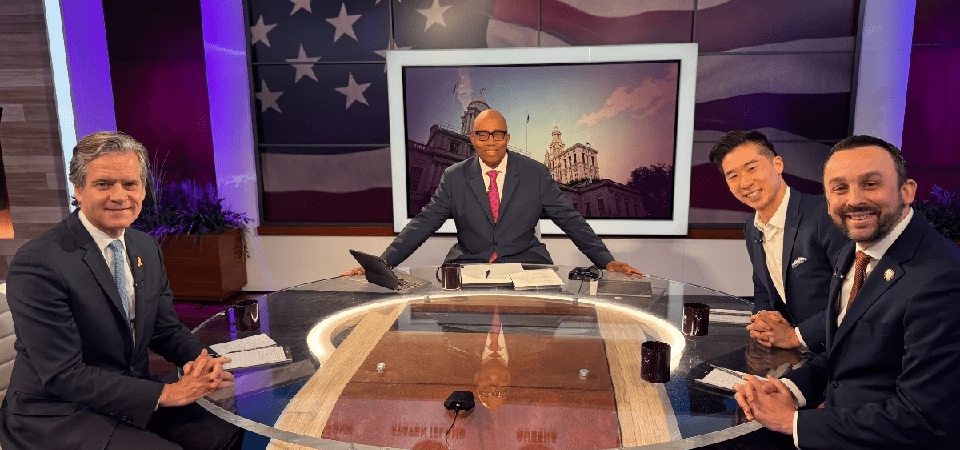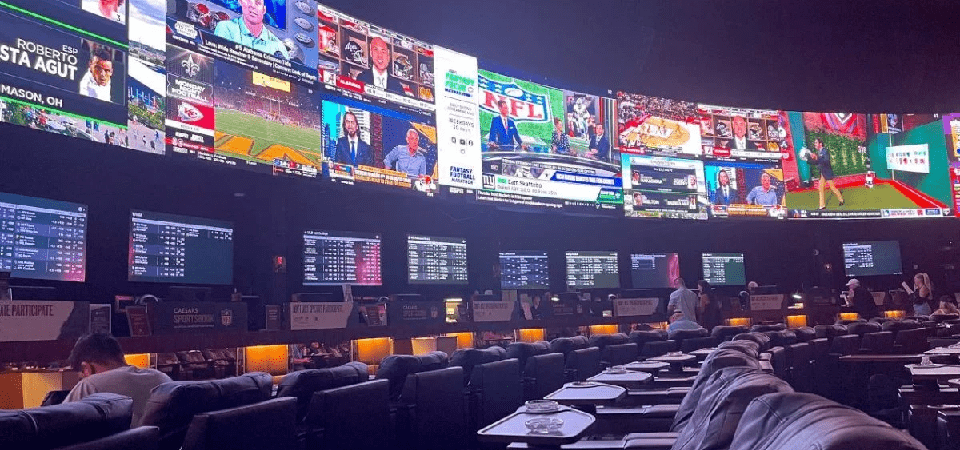
Maverick Gaming’s Challenge to Washington State Tribal Sports Betting Fails
Maverick Gaming, a card room operator in Washington State, seems to have failed in its attempt to challenge the state-authorized tribal monopoly on sports betting.
Last year, Maverick attempted to dispute the tribes' exclusivity by suing the state and federal government, claiming that Washington’s sports betting regulations created an unconstitutional monopoly.
Last week, judges from the Ninth Circuit court reaffirmed a lower court's dismissal of the case from February 2023.
Maverick made significant investments in purchasing card rooms in Washington following the US Supreme Court's 2018 decision to overturn the federal ban on sports betting, acquiring 19 locations in 2019 alone. The company hoped for the legalization of commercial sports betting by the legislature and hesitated when lawmakers approved a tribal-exclusive bill in 2020.
Sovereign Rights Matter
Maverick contended that the federal government acted illegally by approving the state's amendments to the compact regarding sports betting. Maverick asserted that besides infringing on the Fifth Amendment's equal protection clause, the agreements contravened the Indian Gaming Regulatory Act (IGRA).
According to the IGRA, tribes can conduct specific kinds of gaming as long as those games are offered in some form elsewhere in the state, which, Maverick asserted, was not true in Washington. The company contended that the law was being “inappropriately utilized to grant tribes exclusive privileges for specific gaming types, like sports betting, which are prohibited in non-tribal gaming establishments in Washington State.”
The situation turned into a sovereign rights matter when Maverick transferred it to a federal court, prompting the Shoalwater Bay Tribe, which was not a defendant, to intervene and request its dismissal.
In February 2023, judge David Estudillo of the lower court dismissed the lawsuit, concluding that Maverick was trying to “nullify tribal gaming compacts, a recognized legal right.”
“Maverick seeks nothing less than a wholesale revocation of the tribes’ ability to operate casino gaming facilities,” Estudillo wrote.
Additionally, Estudillo determined that the Shoalwater Bay was a necessary party in the case but could not be included in the litigation due to their sovereign immunity.
Unable to Advance With or Without Tribe
In its appeal, Maverick contended that the tribe forfeited its sovereign immunity by willingly participating in this case. The appeals panel had a differing opinion.
“It is well-established that a tribe’s voluntary participation in litigation for a limited purpose does not constitute a blanket waiver of immunity from suit in general,” the panel wrote. The litigation “cannot proceed in equity and good conscience without the Shoalwater Bay Indian Tribe” because the case is about the tribe’s sovereign and economic interests in gaming exclusivity, the judges added.
"IGRA’s very purpose is to confer legal entitlements to the Tribe, and all other federally recognized Indian tribes, in the form of tribal-state gaming compacts. And these tribal-gaming compacts are what Maverick seeks to invalidate,” they concluded.
Bold CEO Eric Persson, who ironically belongs to the Shoalwater Bay tribe, has stated before that he is ready to take the matter to the Supreme Court if needed.











